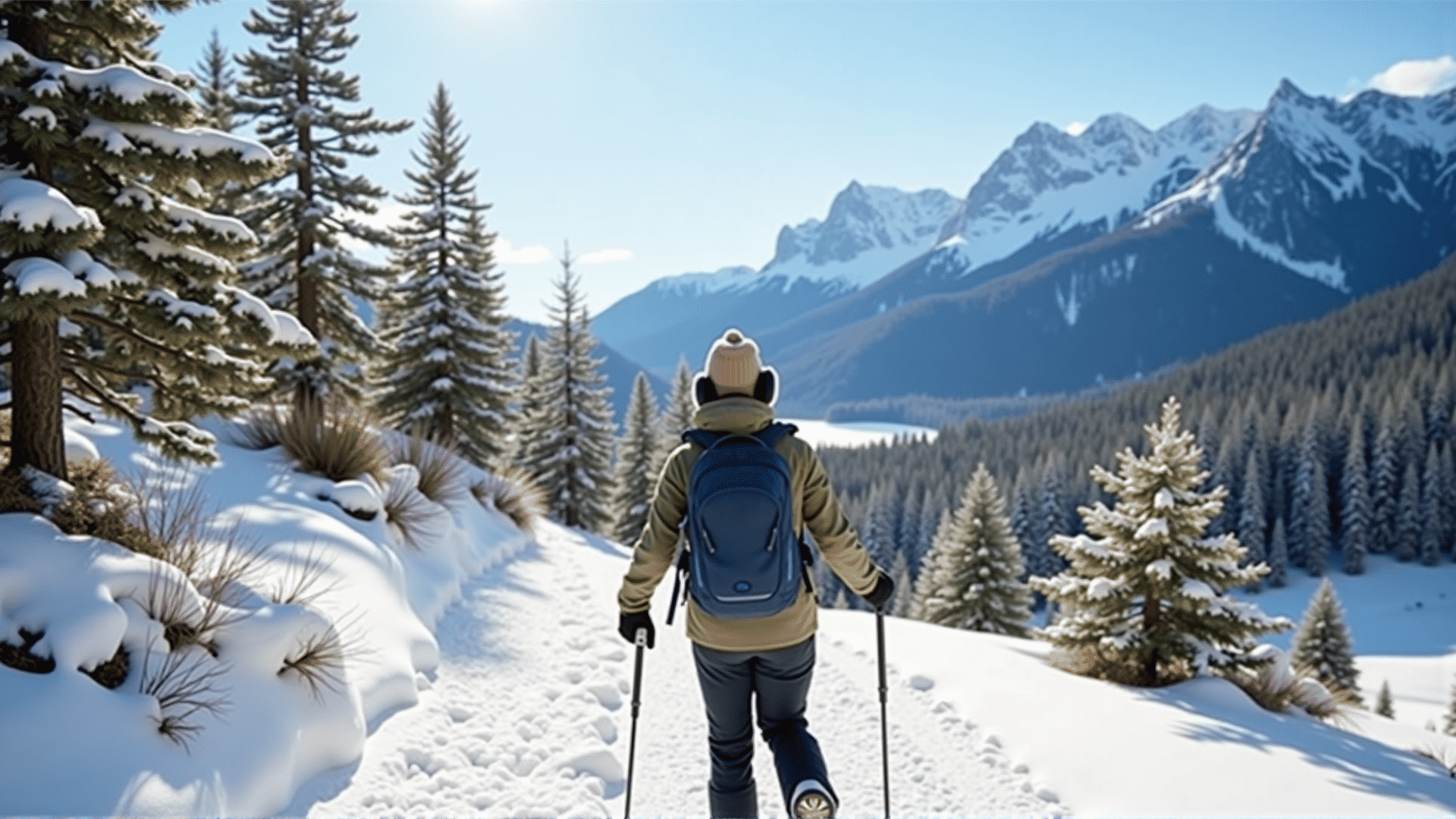Living in mountainous areas like Colorado offers breathtaking views and a serene environment, but it also presents unique challenges for maintaining ear health. The varying altitudes and changing weather conditions can impact your hearing, making it crucial to understand how to protect and care for your ears effectively.
1. Understanding Altitude and Ear Pressure: When ascending to higher altitudes, the air pressure decreases, which may lead to ear discomfort. This is due to the imbalance between the pressure inside your ears and the surrounding environment. To help your ears adjust, practice swallowing, yawning, or chewing gum; these actions help open the Eustachian tubes and equalize pressure.
2. Cold Temperatures and Ear Protection: Mountain living often means exposure to cold and windy conditions. Ears are particularly vulnerable because they lack the fat layers that keep other body parts warm. It is essential to keep your ears covered with a hat, ear muffs, or a headband to protect them from cold-related issues such as frostbite and discomfort.
3. Protecting Your Hearing During Outdoor Activities: Mountain regions offer numerous outdoor activities, from skiing to hiking. However, these activities can sometimes expose you to loud noises, such as wind rushing past your ears or the sound of equipment. Wearing earplugs or noise-canceling earmuffs during high-decibel activities can prevent long-term damage to your hearing.
4. Staying Hydrated: Staying adequately hydrated helps maintain the fluid balance in your inner ear. Drinking plenty of water can mitigate the effects of high altitude on your ears, reducing discomfort and the risk of pressure-related issues.
5. Watch for Signs of Ear Issues: Living in the mountains might subject your ears to more stress. Be vigilant for signs of ear problems, such as persistent pain, ringing, or hearing changes. Early detection can lead to more effective management of potential issues.
6. Regular Check-Ups: Scheduling regular ear health check-ups can ensure your ears are in good condition and that any potential problems are addressed promptly. A healthcare professional can provide specific advice tailored to your lifestyle and environment.
7. Care for Your Ears with Good Hygiene: Keep your ears clean by gently washing them with water and avoiding the insertion of foreign objects that could damage your ear canal. Wax build-up can also cause discomfort and hearing issues, so consider using over-the-counter solutions or consulting a professional for safe wax removal.
By taking proactive steps to protect and maintain your ear health, you can fully enjoy the wonders of mountain living without compromising your hearing. Whether you're traversing mountain slopes or simply enjoying the tranquility of high-altitude life, these tips will help ensure your ears stay healthy and resilient.
